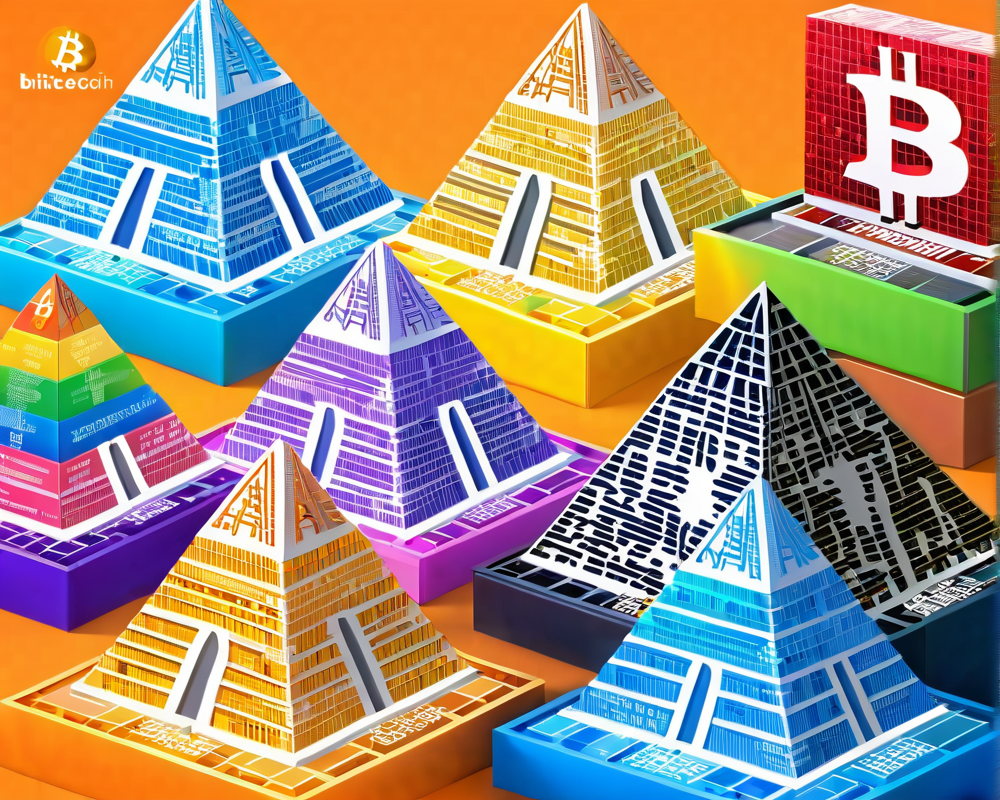The Anonymous Origin: Satoshi’s Legacy
The enigmatic figure of Satoshi Nakamoto remains a captivating mystery in the crypto world, their anonymity paired with a game-changing mining incentive mechanism that gifted us Bitcoin (BTC). It’s a narrative embedded in the proverbial weave of trial and error dating back to the 1980s, showing us that tech innovation can sometimes resemble an elaborate game of ‘hot potato’—whoever’s still holding it when the music stops gets to claim the glory.
Pioneering Cryptographers: The Unsung Heroes
Before Bitcoin strutted onto the scene, brilliant minds like David Chaum were laying the groundwork with research showcasing the potential for secure digital communication as early as 1982. Shaum’s work could be considered Bitcoin’s great-great-grandparent. Subsequent cryptographers like Adam Back and Nick Szabo joined the party, each contributing significant intellectual firepower to the unfolding tech saga.
The Smartphone Effect: Timing is Everything
As if scripted by a Hollywood screenwriter, Satoshi’s white paper arrived just as the iPhone started to change the game—a match made in tech heaven. Suddenly, wallets and crypto tools were no longer just for computer whizzes, but could now fit snugly in the pockets of millions. Are you on board the digital train? Because it’s only gaining speed.
Decentralized Finance: The New Frontier
Ethereum, Bitcoin’s ambitious sibling, has become the playground for all things decentralized finance (DeFi). The 2017 ICO frenzy brought an explosion of innovation—like popcorn kernels popping in a microwave—as the cryptocurrency scene surpassed $800 billion, catching the eyes of politicians and traditional financiers alike. In just a few years, the term ‘DeFi’ has become the buzzword, sparking imaginations and, let’s be honest, a few wild ideas that’s given Wall Street quite the headache.
Breaking the Mold: A Shift in Governance
In stark contrast to traditional corporate structures, many DeFi projects adopt community-led governance—think of it as a decentralized democracy where tokenholders can have their say, making governing decisions feel less like a boardroom meeting and more like a chaotic town hall. This radical approach fights against monopolistic power while raising intriguing questions about efficiency and effectiveness. Can democracy work seamlessly on the blockchain? Time will tell, and our popcorn is ready.
Participatory Opportunities: Opening the Floodgates
Cryptocurrency participation is evolving rapidly. With low-code or no-code tools—hello WordPress analogies!—we’re witnessing an explosion of creativity where anyone with basic computer skills can build and innovate in the DeFi space. While accessibility is increasing, the reality is that around 1.2% of the global population is engaged with this technology. Sounds like a party that’s just getting started, right?
Reaching the 99%: The Continual Quest for Inclusivity
Despite advancements, many groundbreaking technologies like blockchain still parallel cash-based systems. The goal of DeFi remains clear: to not only serve the 1% of speculators but to extend its arms to the remaining 99%. This frontier isn’t just about tech savvy; it’s about fostering economic activity in communities that have historically been sidelined. Because let’s be honest, a true revolution is only as effective as its reach.
In the grand tradition of thought leaders, this article stands as a testimony to innovation powered by inclusive ideation. After all, the digital world thrives when we embrace diversity in thought and action; it’s what propels each iteration of this fascinating journey forward. In the words of our modern oracle, “Let’s get this bread!”




